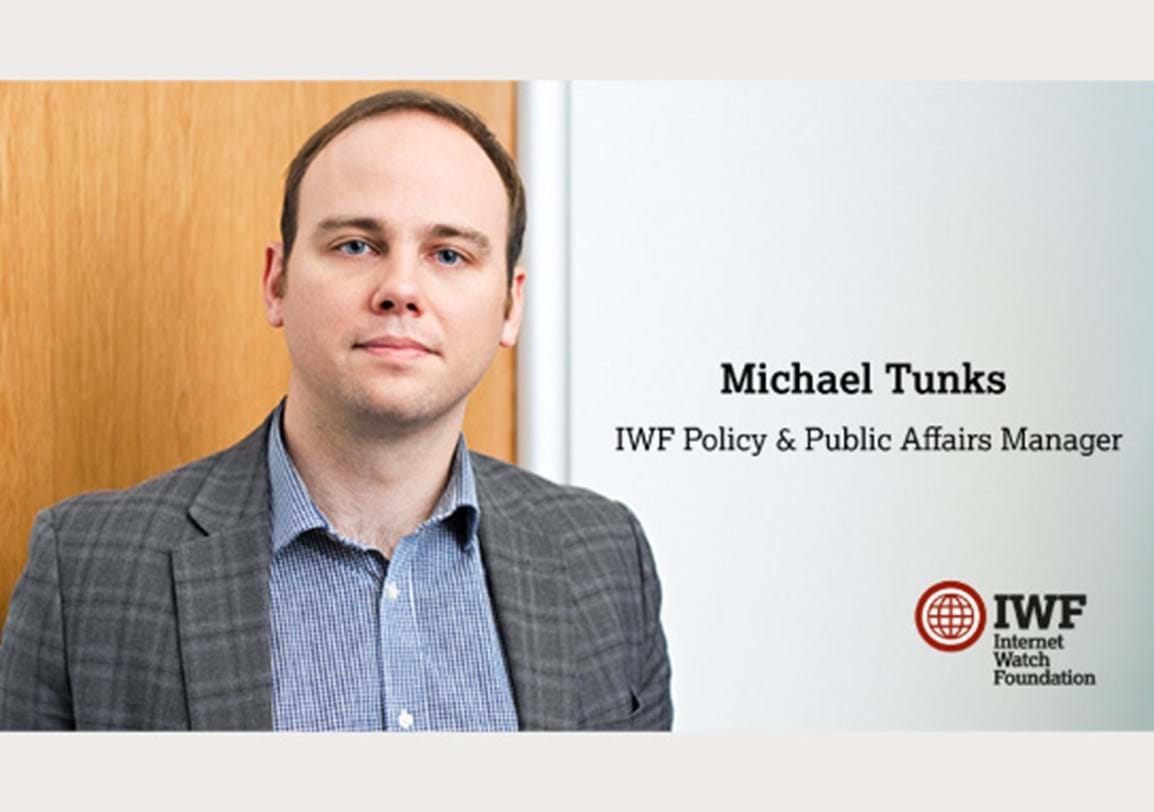
Tips for helping children stay safe online
Tips for helping children stay safe online.

Published: Thu 14 Dec 2017
One of the things that became clear to me whilst listening to them, is that children and young people are growing up in an age now where technology is such a massive part of their everyday lives. It is everywhere; in their bedrooms, in the playground, in the classroom and when they step into employment as young adults, the workplace too. This is supported by a recent report from Ofcom, which found that 46% of 11-year-olds and 51% of 12-year-olds have a social media profile despite the minimum age being 13, which demonstrates just how many children are actively engaging and driving new trends in social media.
Clearly this level of engagement can be a good thing. The internet has been a huge force for good, with children and young people being better connected, better informed and more entertained than ever before. But with these benefits come huge challenges, and what happens when things go wrong?
That is why the Government has brought forward its green paper to consult with key stakeholders, children, young people and adults on how we “can make Britain the safest place to go online”. The paper contains many key policy proposals including a Social Media Levy, a Code of Practice and greater transparency requirements for social media companies.
Importantly for the IWF, the paper also proposes remodelling the UK Council for Child Internet Safety (UKCCIS). Our Chief Executive, Susie Hargreaves OBE, is a Member of the Executive Board and our Deputy CEO, Fred Langford, chairs the Technical Working Group. While the IWF is supportive of a broadening of scope to include adults, particularly vulnerable groups, Friday’s event underlined just how important it is that we do not let this expanded scope and remit detract from the importance of online safety issues for children and young people.
Issues such as sexting, self-generated indecent images of children and apps which encourage live streaming require greater levels of education and awareness among children and young people about how to stay safe online. Teachers and professionals working with children need to be well informed, stay ahead of emerging trends, and be better equipped to respond to issues which simply weren’t there when they were younger. Despite the good work that we do with our partners Childnet and SWGfL as part of the UK Safer Internet Centre, in this area we believe that there is a long way to go before we solve the issue of online safety for children and young people.
That is why in principle, the IWF supports the introduction of a Social Media Levy. We believe any monetary levy could be used to support the vital work we do in removing child sexual abuse material from the internet. This is particularly important at a time where the IWF and UK Safer Internet Centre are facing significant funding challenges as a result of Britain voting to leave the European Union. The EU currently funds 10% of the IWFs work, or 50% of our analysts’ salaries, and this funding is due to end in December 2018.
We are keen however, that the Government doesn’t just levy money out of the tech industry. The IWF has been so successful at removing child sexual abuse content online, is because of our partnership and relationship with the industry. It is clear that in this area self-regulation is working, evidenced by our impact over the last twenty years. In 1996 18% of the worlds child sexual abuse material was hosted in the UK, today that is less than 0.1%. We therefore believe that the Government could learn from the approach we have taken and should consider how the industry’s technical expertise could be utilised more effectively in partnership with NGOs and Government to address the other challenges that are referred to in the green paper.
When industry members join the IWF, it is on the premise that they do all that they can to fight the spread of CSAM online. We do however acknowledge in our response to the green paper that we could do more to report publicly what services and actions our members take and would be open to exploring this further with the Government in support of their proposal for greater transparency.
Finally, we also support the Government’s proposal for a voluntary Code of Practice and we believe that the Government should make membership of the IWF and the implementation of our services such as the image hash list and URL list as mandatory for any company seeking to sign up to the Code.
If you would like to read in more detail our response to the green paper click here.

Tips for helping children stay safe online.